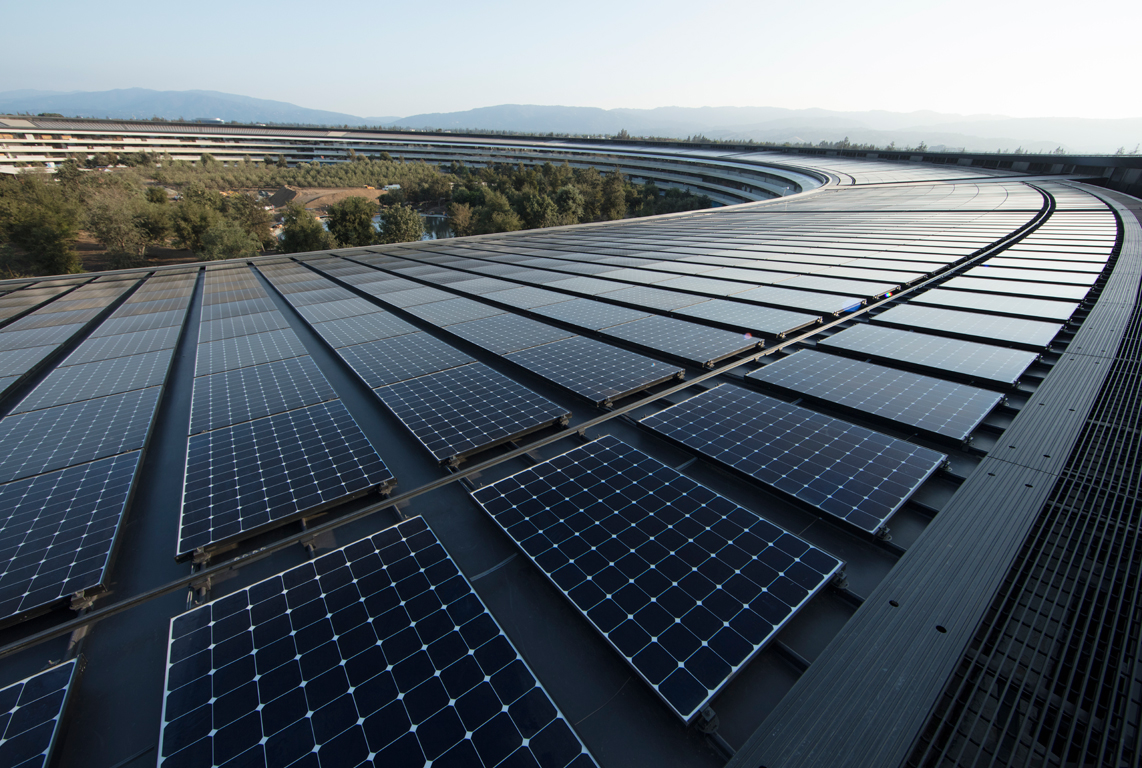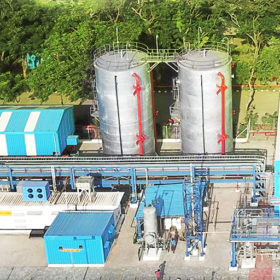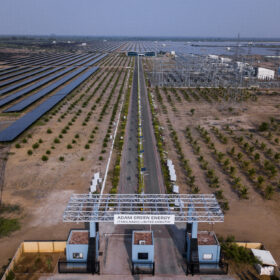Mumbai-based commercial solar developer CleanMax Solar will invest Rs 6 billion for setting up a 150 MW solar group captive project in Haryana. Situated in Sirsa district, the farm will come up on a stretch of 600 acres of land that is well situated for grid stability and high solar power generation.
Once operational, the solar farm will cut 185,000 tons of CO2 emission every year, equivalent to taking 36,000 passenger vehicles off the road.
The solar farm has been sanctioned by Haryana Renewable Energy Department Agency and state transmission company Haryana Vidyut Prasaran Nigam for its technical and financial feasibility.
Speaking on the project, Andrew Hines, co-founder of CleanMax Solar said, “Today, group captive solar projects are the best way for corporates to source up to 100% renewable energy, with minimal investment and the lowest landed cost of power.”
“With Haryana’s rapid growth in both commercial and industrial sectors, projects like ours provide corporates with an opportunity to fuel their growth with renewable energy, to achieve the twin benefits of reducing energy costs and carbon emissions. This investment will also help the state to accelerate its renewable energy adoption, decarbonize its power sector, and also generate significant skilled employment in the area.”
With 330 sunny days in a year and a wide array of commercial and industrial businesses, Haryana is favourably positioned to harness the power of the sun.
As per the Haryana Solar Power Policy and other electricity laws, solar projects executed under the captive/group captive model are exempted from cross subsidy surcharge and additional surcharge, with the added benefit of lifetime banking.
CleanMax Solar recently raised Rs 275 crore in equity funding from UK Climate Investments to support expansion of its renewable energy portfolio from 500 MW to 2 GW in the next three years. Companies like Adobe India, Mindtree, Volvo Group India, Tata Group, SKF, ACC, United Breweries Ltd and Bangalore Airport procure solar power from its network of private solar farms in Karnataka and Tamil Nadu to meet their renewable energy targets.
This content is protected by copyright and may not be reused. If you want to cooperate with us and would like to reuse some of our content, please contact: editors@pv-magazine.com.









By submitting this form you agree to pv magazine using your data for the purposes of publishing your comment.
Your personal data will only be disclosed or otherwise transmitted to third parties for the purposes of spam filtering or if this is necessary for technical maintenance of the website. Any other transfer to third parties will not take place unless this is justified on the basis of applicable data protection regulations or if pv magazine is legally obliged to do so.
You may revoke this consent at any time with effect for the future, in which case your personal data will be deleted immediately. Otherwise, your data will be deleted if pv magazine has processed your request or the purpose of data storage is fulfilled.
Further information on data privacy can be found in our Data Protection Policy.